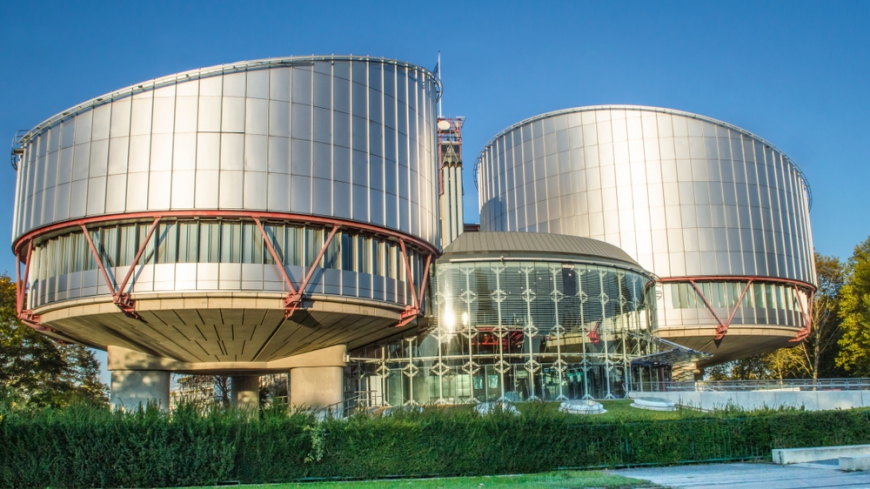As the dust settles on a tumultuous hand-over of power, what lessons are there to learn from across the pond? Donald Trump, like all populist leaders sought to roll back human rights; claiming only he could speak for the people, casting aside rights and the courts.
But it is human rights that give ordinary people a voice. In the US, it is the human rights enshrined in the constitution that protect citizens from the abuse of power and safeguarded the election from being stolen.
In the UK, unlike the US, we don’t have a written constitution, but since 1998, we have had the Human Rights Act. In December, as the news bulletins covered the rising pandemic infection rates, you will be forgiven if you missed that the UK Government announced a review of the Human Rights Act. The review will specifically examine the ways in which the Human Rights Act curtails the powers of Government. This is dangerous.
Human rights are basic entitlements that belong to all of us ensuring that we, as ordinary people, have a tool to use to challenge people in power. When we have been mistreated or failed by the system, they provide us with a means to challenge that treatment and hold authorities to account. These guidelines govern how we interact with each other and make our world more liveable, fair and prosperous. They ensure that our leaders treat us as we wish to be treated, or face meaningful consequences.
Our leaders wield power over us. In my field of social care, abuse of power is no longer about someone else, it is about all of us. Social care is the support we receive when we need extra help to live independently. Whether it is care in your own home to get washed or dressed, help in the community or support to make friends and fight loneliness, social care can improve lives.
The mismatch between demand for social care and available resources to pay for it, means that too often local councils deny people their right to social care. The result is that every day, millions of older and disabled people go without the care they need. This affects all of us – we will all need social care at some point.
The legal team at my charity, Access Social Care, use human rights to right wrongs and ensure fair access to social care. We aim to empower and educate individuals to feel confident to seek legal advice; breaking down the perception of the law as an intimidating, complicated and opposing force. During the pandemic, when people in power told disabled people that they could not have visits from their families, Access Social Care used the Human Rights Act and the right to family life to ensure that families could visit their loved ones. When leaders told disabled people during the first lockdown that they would not receive lifesaving treatment should they need it, the right to life meant Do Not Attempt Resuscitation Orders could be overturned.
If anything, the pandemic has taught us that most of us want similar things – enough money to reliably put a roof over our heads and feed ourselves, time with loved ones, the opportunity to take part in society. But laws, policies and practices have led to a present day reality that is deeply unjust. The pandemic has shone a light on this dark truth, exposing entrenched inequity in a horrifying death toll. Black, Asian and Disabled people have died at rates incomparable to the general population. A report from Public Health England found people with learning disabilities were up to six times more likely to die from Covid-19 during the first wave of the pandemic.
In this country we have a proud history of humanitarian values. As our nation has developed, our human rights have evolved with us to include protection for everyone – young and old, rich and poor. As we build our post-Brexit British identity, let’s make sure that our society really does work for all of us.
The Review of the Human Rights Act has a call for evidence which closes on 3rd March. Don’t miss your opportunity to have your say.







